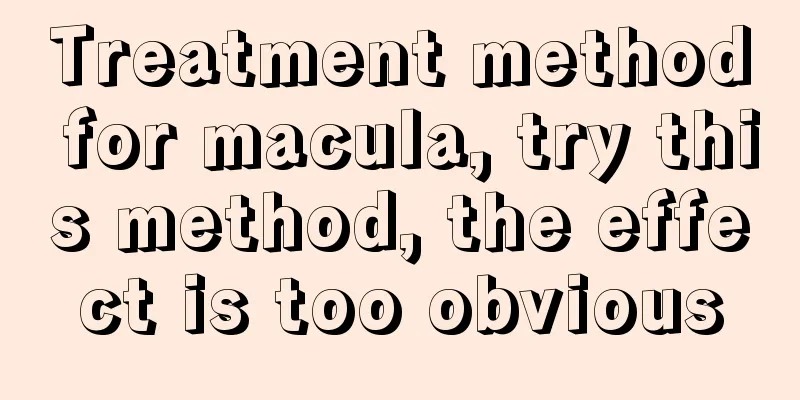There is pus in the surgical wound thread

|
There is pus in the thread ends of the surgical wound. This symptom is often encountered in surgery. Sometimes patients have allergic reactions. When such symptoms as thread ends appear in the wound, it is necessary to remove the thread ends in time and then apply disinfectant. It will gradually heal. Such patients cannot smoke, drink alcohol, or eat spicy food. Let us now take a closer look at the problem of pus in surgical wound thread ends. It is a rejection reaction of the sutures, caused by the patient's special physical condition. It is recommended to keep the area clean, apply iodine solution for disinfection, and avoid spicy and irritating foods. After the operation, when the incision was sutured, purulent reaction occurred at the site. There are thread ends sticking out of the incision. This phenomenon is directly related to one's physical condition. There is no particularly good solution. You can just disinfect the purulent area with iodine solution. Only after all the thread ends are picked out can the wound heal completely. Suture rejection is related to physical constitution. The absorption process of absorbable sutures will cause inflammation, which is sterile inflammation. If the inflammatory reaction is obvious, the sutures need to be removed. The treatment method is to strengthen nutrition and improve physical fitness. If there is a thread end reaction, the suture knots should be removed until all the thread knots are removed. If the wound has not healed, it needs timely treatment. Oral ciprofloxacin and metronidazole can be used for treatment. Treatment is by applying iodine tincture externally. Treatment with oral Chinese medicine Buzhong Yiqi Pills. Residual sutures will not affect wound healing, but if left for too long it will cause suture rejection. The hardness at the wound is due to scar hyperplasia formed after the incision heals. Generally, it will gradually soften after about 3 months. The small pustules at the incision site may be the result of thread rejection or the recurrence of incision infection. In this case, local debridement and disinfection should be performed promptly, which generally has no impact. The use of antibiotics before and after surgery is generally to prevent the occurrence of secondary infection, so certain antibiotic treatment can be given. If the incision has healed, there will be nothing unusual about removing the stitches, and hospitalization is not necessary. |
<<: How to quickly remove indoor odors
>>: Why don’t I gain weight no matter how much I eat
Recommend
What foods can lower blood pressure?
The course of hypertension lasts for a relatively...
What to do if fish have parasites
Parasitic diseases are very scary, so everyone sh...
What kind of physical condition is sub-health
As the pace of social life continues to accelerat...
What to do if the gastric pyloric obstruction
Many people think that if they have pyloric obstr...
Can teeth cleaning remove tartar?
Teeth cleaning is a popular method of cleaning te...
Treatment of allergic rhinitis
Everyone should be familiar with rhinitis. Now ma...
How to remove birthmarks on the back of hands
Birthmark is a relatively common skin disease. Ne...
How to use honeycomb to treat rhinitis
Some patients with allergic rhinitis spend a lot ...
The harm of long-term low-grade fever
Every time we measure body temperature, we always...
What is the cause of common bile duct stones ppt
Common bile duct stones are a relatively common d...
Can I exercise during the treatment of bile duct cancer
Patients with bile duct cancer should take part i...
Can liver cancer patients eat Cordyceps sinensis? Yes, but it has no therapeutic effect
Cancer is a wasting disease, so nutrition needs t...
What medicine is better for mumps
Generally speaking, mumps occurs in densely popul...
Do you really know how to get your beauty sleep? Maybe your sleeping posture is "disfiguring"
We all know about beauty sleep. Generally speakin...
What is the tonifying and draining technique of acupuncture
Acupuncture is a relatively traditional treatment...









